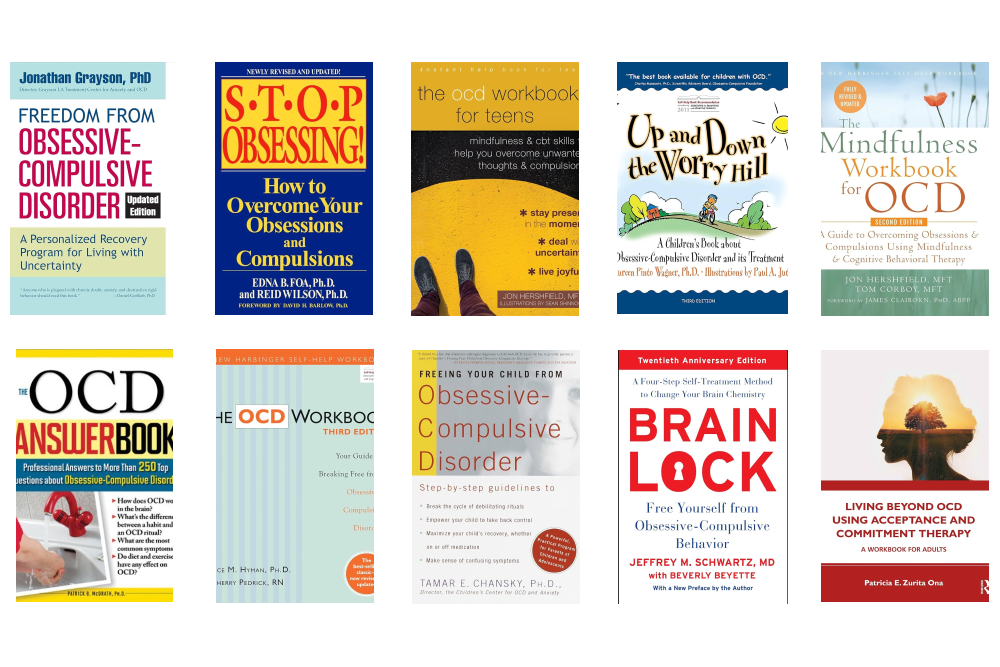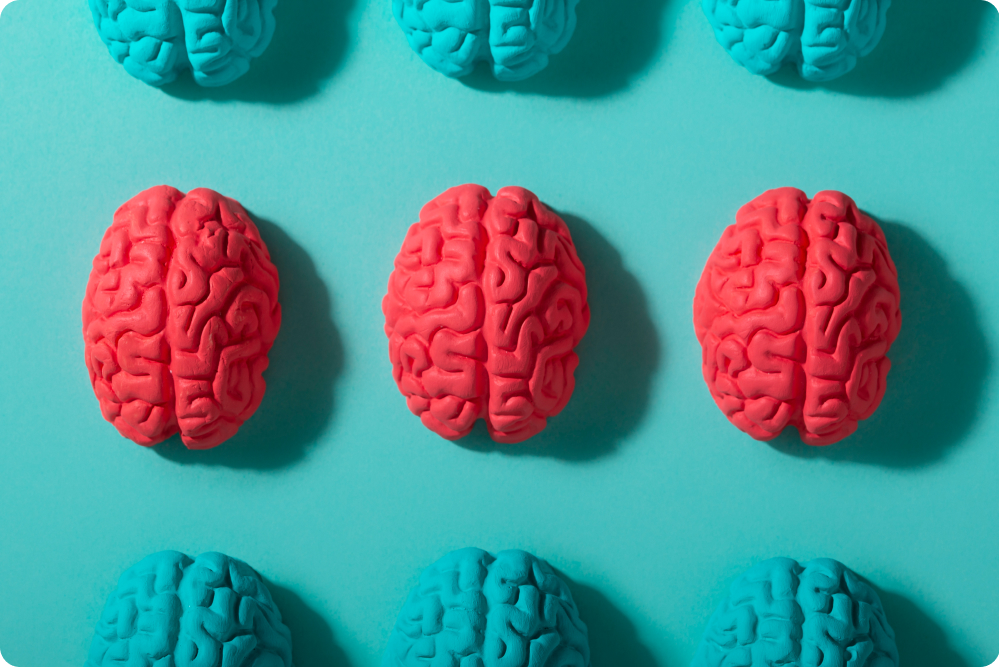OCD Knowledge Center
Obsessive-Compulsive Disorder (OCD) is a complex but treatable condition characterized by persistent, unwanted thoughts (obsessions) and repetitive behaviors or mental acts (compulsions) that significantly impact daily life. It is a chronic condition, but with evidence-based treatments like Exposure and Response Prevention (ERP) and Cognitive Behavioral Therapy (CBT), individuals can learn to effectively manage their symptoms and lead fulfilling lives.
Essential Articles on OCD
Through my articles, I aim to provide clinically-sound information about various aspects of OCD – from understanding different manifestations and subtypes, to learning about treatment options, to navigating daily challenges. Whether you’re personally affected by OCD, supporting a loved one, or seeking to learn more, these resources offer insight into this often misunderstood condition.
Other Popular Articles
Types of OCD
OCD can manifest in many different ways, and yet the underlying pattern is consistent: persistent, unwanted thoughts leading to compulsive behaviors or mental acts. Understanding these various manifestations helps individuals recognize their experiences and know they’re not alone. From contamination concerns to checking behaviors, from moral uncertainty to symmetry needs, each type of OCD has its own unique features while sharing common threads in how it impacts daily life.
Other Popular Articles
Treatments for OCD
Evidence-based treatments offer real hope for managing OCD effectively. From gold-standard approaches like Exposure and Response Prevention (ERP) and Cognitive Behavioral Therapy (CBT) to complementary options including medication and mindfulness techniques, these therapeutic tools can significantly reduce symptoms and improve daily functioning. Understanding your treatment options is the first step toward breaking free from the cycle of obsessions and compulsions.





